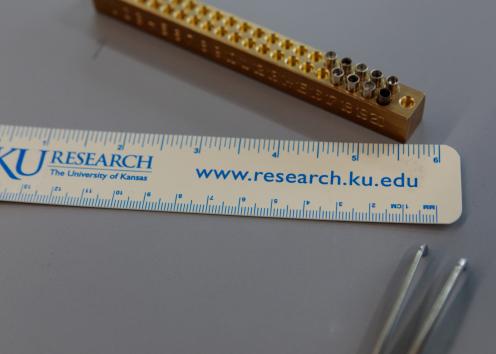Ph.D. in Educational Leadership & Policy Studies at KU

Program Overview
The Ph.D. in educational leadership and policy at the University of Kansas is a research degree that prepares individuals for roles as researchers, policy analysts, educational leaders, and faculty members for policy, K-12, and higher education settings. This degree distinguishes itself by its focus on preparing graduates to be researchers who are making original scholarly contributions to the knowledge base in the field. Students typically take some courses in graduate programs in related fields such as sociology, public administration, and economics.
Career Outcomes in Educational Leadership & Policy
Students pursue the Ph.D. in educational leadership and policy at KU with varying career goals in mind. Ph.D. students should expect to engage in “co-curricular” activities above and beyond the specific degree requirements appropriate to their career aspirations. These include conducting and presenting research at conferences, engaging in internships with policy organizations, etc. It prepares graduates who are qualified to conduct theoretically grounded, original research on crucial issues in education policy and scholarship. Potential position titles after graduation could include:
- Professor,
- Policy maker,
- Policy analyst,
- Political activist,
- Lobbyist,
- Researcher.
The Ph.D. program does not lead to initial or advanced educator licensure in the state of Kansas.
Concentration Areas
All doctoral students must complete a program that provides a broad understanding of educational leadership and policy as well as a concentration in one of the following areas:
Concentrations
Educational Administration
Higher Education
Policy Studies
Social and Cultural Studies in Education
Ed.D. or Ph.D.
The Ed.D. and Ph.D. programs are typically distinguished by the outcome goals of each program. Both degrees are considered terminal degrees, meaning the highest degree one can achieve in the field of education.
Ed.D. or Ph.D.
Ph.D.
Ed.D.
Statistics
U.S. News & World Report’s “Best Graduate Schools,” 2025-26





